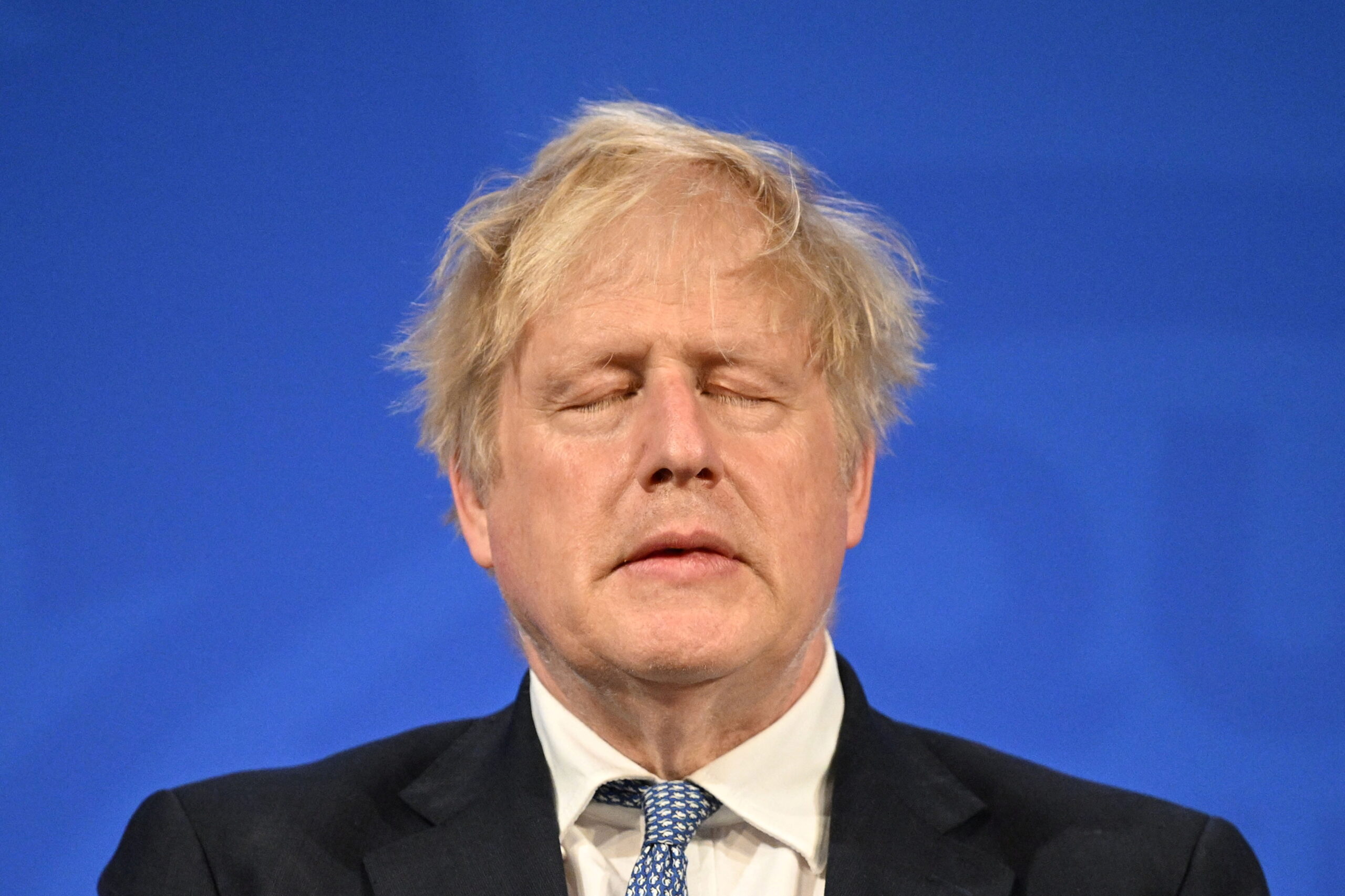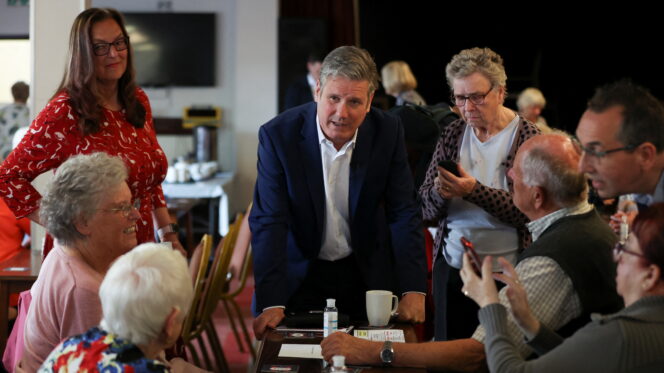We All Lost Confidence a Long Time Ago

Motions of no confidence used to bring down entire governments. Now they merely inflict one more wound to the flank of already-ailing premiers. Boris Johnson emerged from Monday night’s vote superficially victorious. As predicted, he wasn’t ousted then and there. No immediate successor had emerged as a clear alternative, and rebels who wanted him gone weren’t organised, either around an ideological cause, like Brexit, or literally. One MP told The Guardian’s Peter Walker that “as far as he knew, there wasn’t even a WhatsApp group” for the mutinous.
But with 41% of Tory MPs voting to turf him out of office, the result didn’t deliver the mandate Johnson would have hoped for. For all his bluster about both party and country being able to “move on” from the fracas, he knows from experience that – for the time being – his authority is shot. His own attempts to supplant Theresa May, using Brexit as a vehicle, helped culminate in a 2018 no confidence vote against the then-prime minister. She won, by a greater margin than Johnson, yet six months later was still forced to resign thanks to her lack of support. Even the prime minister’s pet papers have recognised the severity of the situation. “Authority crushed” announced the normally at-heel Telegraph this morning.
The thing is, Johnson could ‘recover’ his political standing in the party with some ‘bold’ policy (that never manifests) or one of those magic electoral victories he’s so fond of constructing out of spit and a bit of carefully directed xenophobia. As the archetypal ‘Teflon Tory’, he’s rubber, we’re glue. Whatever bounces off him sticks to the general public instead. Yet Johnson is hardly the harbinger of this. Rather, he is the peak of a trend that has seen the quality of parliamentary politicians degrade over many decades until a large swathe reflects the rot of the system that sees them selected and elected in the first place.
The UK parliament still runs mostly on ancient ethical conventions of ‘honour’ that rely on politicians falling on their swords of their own volition – conventions which are basically worthless if one simply decides not to. The contemporary ministerial code, introduced in 1992 to try and codify some of these conventions, has become as binding as energy price caps, tweaked and altered at will to allow politicians to escape any real accountability.
Couple that with unrepresentative selection processes, a political class where the most public-facing representatives are drawn disproportionately from the upper echelons of society and the entrenchment of a doggedly persistent two-party system, and no wonder disengagement from parliamentary politics is rife, particularly among younger generations. What’s more, whatever your opinions on the value of engaging in Westminster politics, it’s obvious that the calibre of people keen to represent their communities on the benches of the Commons is going to decrease in positive correlation with its increasingly grubby reputation.
The public has long abandoned faith in the government. Recent local elections indicate they aren’t turning instead to Labour and, in areas where residents feel most neglected by their representatives, are switching off from this form of politics full stop. It’s a cruel Catch 22: atrophied party politics leads to further disillusionment, which further exacerbates decomposition.
We are all literally poorer for the current state of parliamentary politics. The two dominant parties have no vision for the future of the nation, and there are no real challengers who can shake up the status quo. A miasma of stagnation hangs around the corridors of power, like the Great Stink of 1858. Neither Johnson nor his internal opponents have a clear ideological end; the Tory party engine is running on fumes. All the while the country falls further into septic shock, the electorate numb with want and fatigue. And still the political pantomime rolls on, long after the audience has left the stalls.
Moya Lothian-McLean is a contributing editor at Novara Media.


